In big, slow corporations, innovation is a RISK and distraction from the core $$$ profitable business.
Agile startups could launch, iterate fast and eventually stumble upon new growing market opportunities.
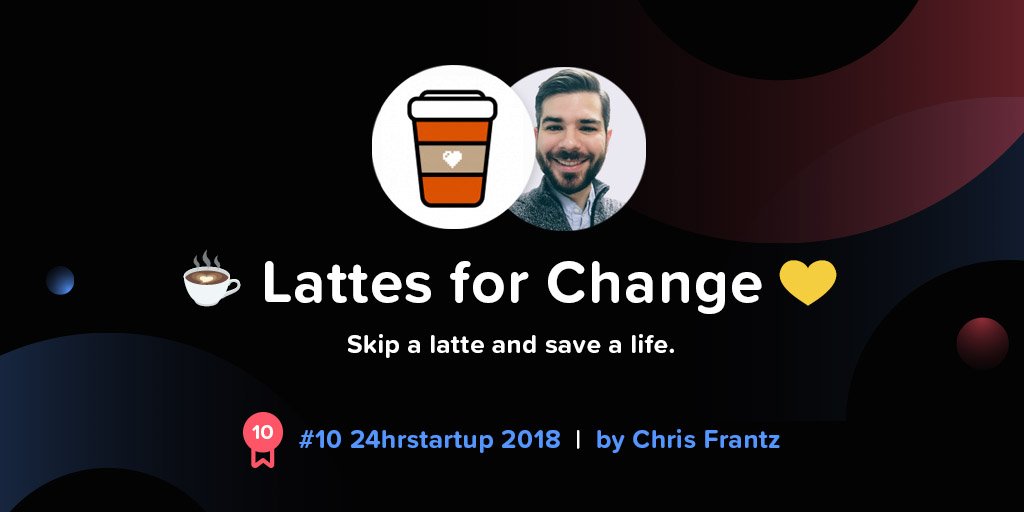
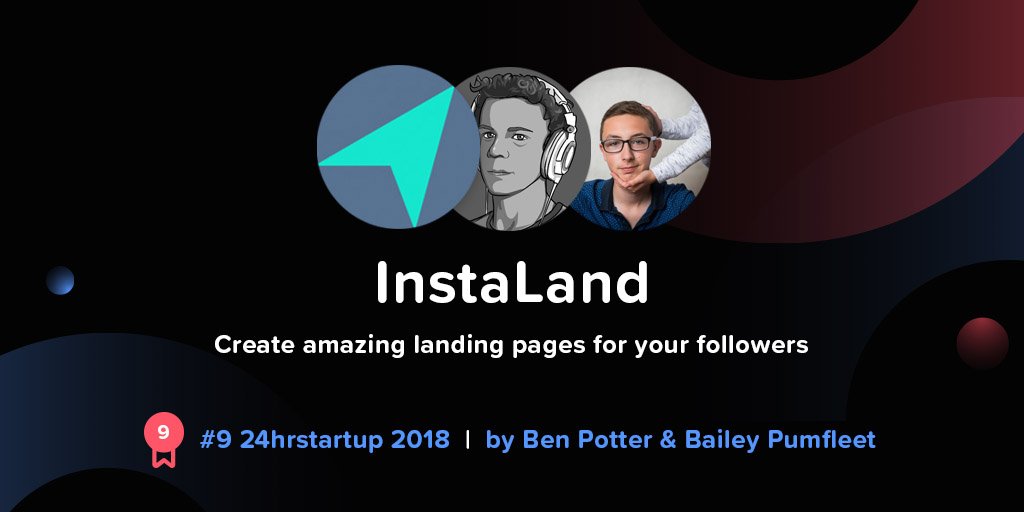
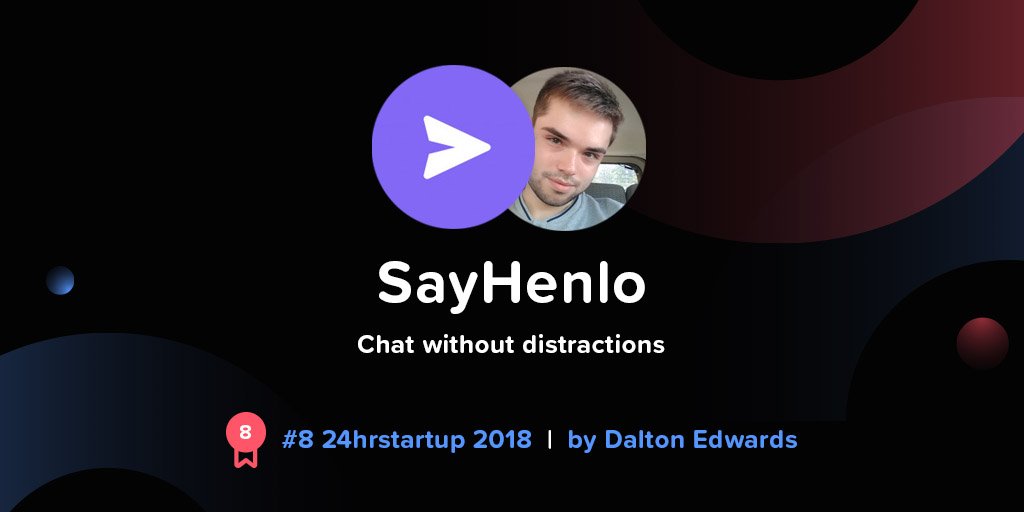
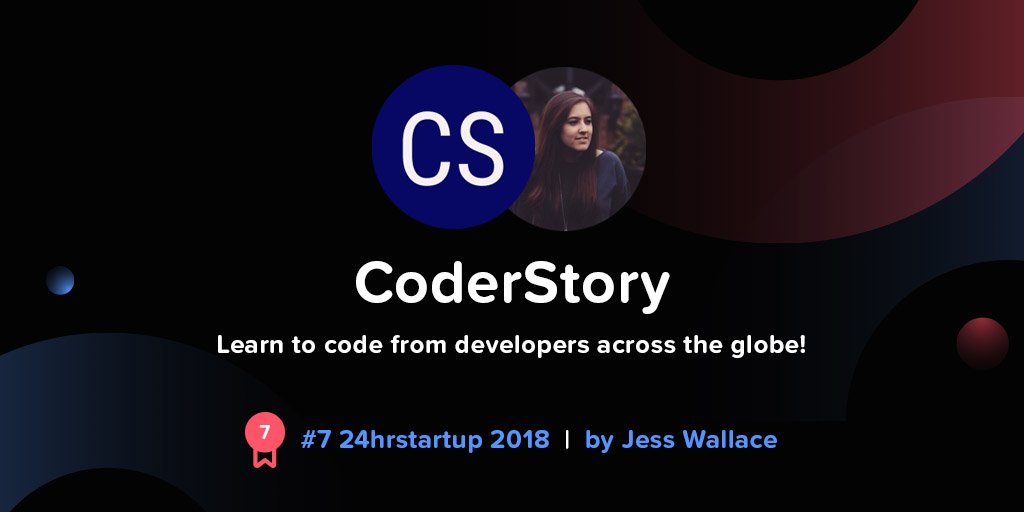
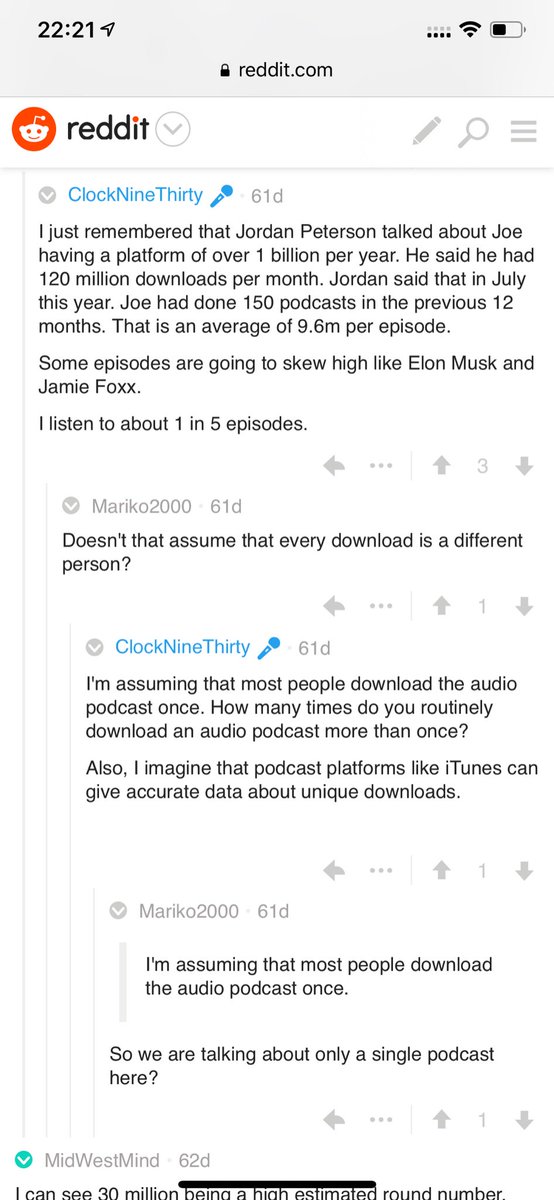
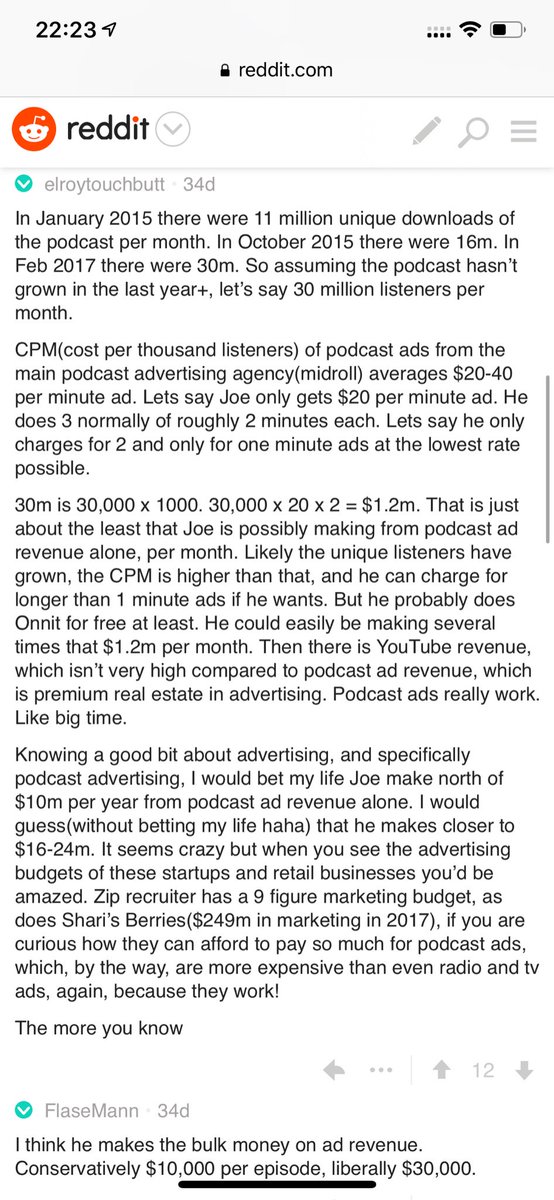
Controversial question. Does it matter if you are a user of your own product?
— Jon Yongfook (@yongfook) September 3, 2019

Next level tactic when closing a sale, candidate, or investment:
— Erik Torenberg (@eriktorenberg) February 27, 2018
Ask: \u201cWhat needs to be true for you to be all in?\u201d
You'll usually get an explicit answer that you might not get otherwise. It also holds them accountable once the thing they need becomes true.